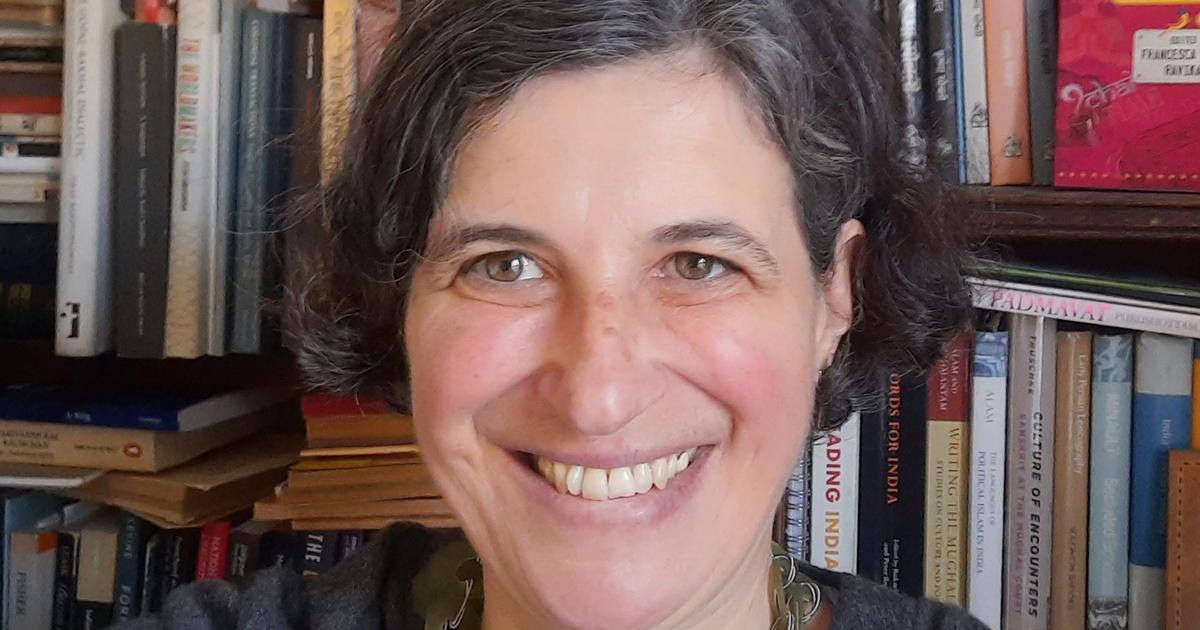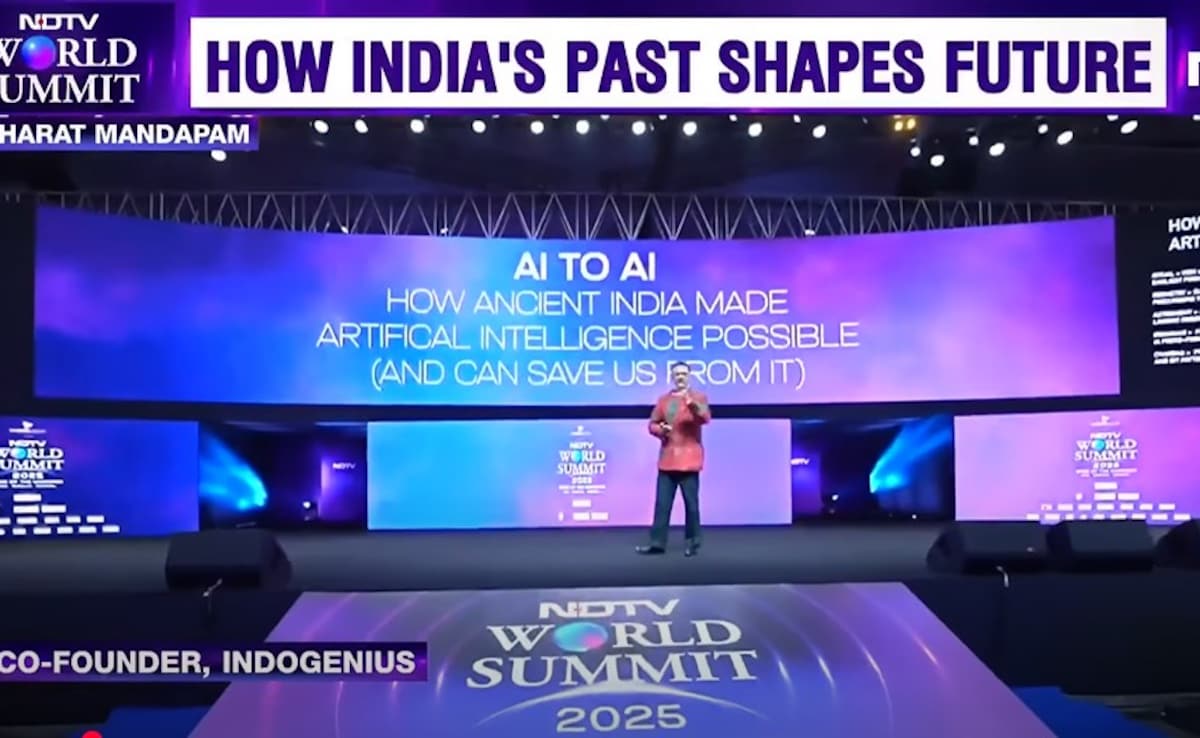Aristotle would scoff at Mark Zuckerberg’s suggestion that AI can solve the loneliness epidemic

Join our WhatsApp Community to receive travel deals, free stays, and special offers!
- Join Now -
Join our WhatsApp Community to receive travel deals, free stays, and special offers!
- Join Now -

Mark Zuckerberg recently suggested that AI chatbots could combat social isolation by serving as “friends” for people experiencing loneliness.
He cited statistics that the average American has fewer than three friends but yearns for as many as 15. He was close: According to a 2021 report from the Survey Center on American Life, about half of Americans have fewer than four close friends.
Zuckerberg then posited that AI could help bridge this gap by providing constant, personalized interactions.
“I would guess that over time we will find the vocabulary as a society to be able to articulate why that is valuable,” he added.
Zuckerberg explaining how Meta is creating personalized AI friends to supplement your real ones: “The average American has 3 friends, but has demand for 15.” pic.twitter.com/Y9ClAqsbOA— Roman Helmet Guy (@romanhelmetguy) April 30, 2025
Loneliness and social disconnection are serious problems. But can AI really be a solution? Might relying on AI for emotional support create a false sense of connection and possibly exacerbate feelings of isolation? And while AI can simulate certain aspects of companionship, doesn’t it lack the depth, empathy and mutual understanding inherent to human friendship?
Researchers have started exploring these questions. But as a moral philosopher, I think it’s worth turning to a different source: the ancient Greek philosopher Aristotle.
Though it might seem odd to consult someone who...
Read more
What's Your Reaction?
 Like
0
Like
0
 Dislike
0
Dislike
0
 Love
0
Love
0
 Funny
0
Funny
0
 Angry
0
Angry
0
 Sad
0
Sad
0
 Wow
0
Wow
0























































